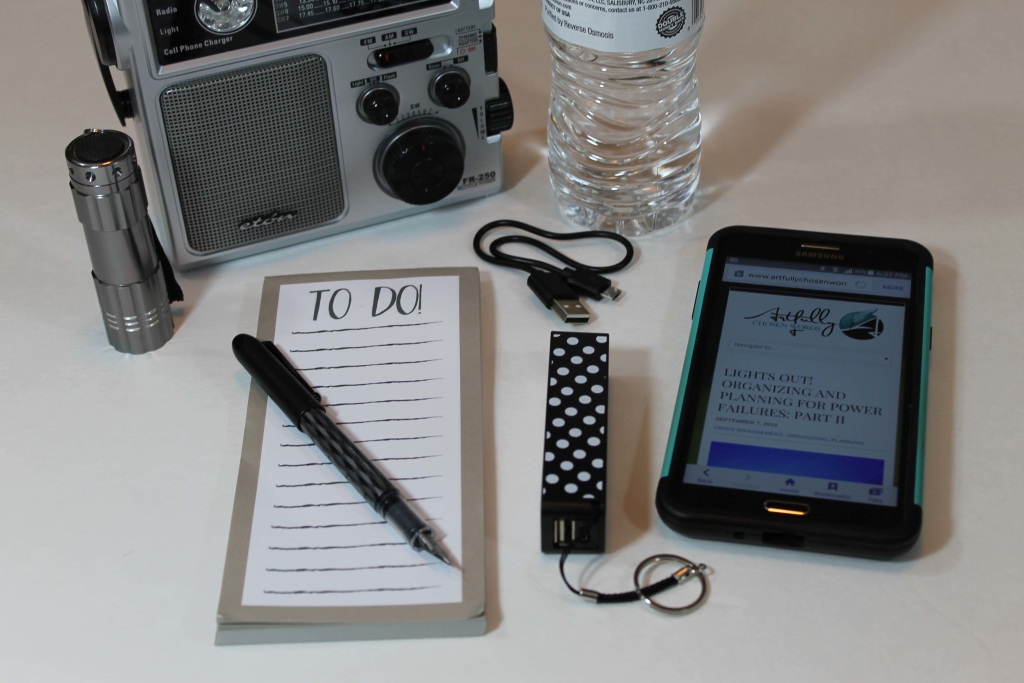 It is all too common for older folks in failing health to end up in the emergency room. Even if their elder care providers include an assisted living arrangement or a nursing home, they will be transported to the hospital if they fall and break a bone or have a medical crisis.
It is all too common for older folks in failing health to end up in the emergency room. Even if their elder care providers include an assisted living arrangement or a nursing home, they will be transported to the hospital if they fall and break a bone or have a medical crisis.
More than 6.8 million people over the age of 65 ended up spending at least one night in a hospital during 2012, according to The U.S. Department of Health and Human Services Administration on Aging.
The Center for Disease Control reports that more than 2.5 million older people are treated in the emergency room each year for injuries from a fall, and one out of five falls result in broken bones or a head injury.
There are steps you can take now that will help you be ready to respond to an elder care emergency.
Getting Your Docs in a Row
Before your elderly loved one is too sick or confused to sign legal documents, it is a good idea to get written permission for you to talk to doctors and make treatment decisions for them. Your parent can also fill out a form that makes it clear how much life-support they would want.
There are different kinds of permission forms
One kind is a medical power of attorney. A medical power of attorney allows the doctors to speak with you and lets you to have a say in treatment choices. A medical power of attorney does not give you the right to make any financial or property decisions for your parent.
If your parent is already in the hospital, you can ask the hospital, usually through the hospital social worker, to help you and your parent complete a medical power of attorney and have your parent’s signature notarized.
The hospital will usually ask if your parent has Advanced Directives. Advanced Directives are a way for your parent to make it clear how much medical care he or she wants if they are too sick or hurt to express their wishes.
Advanced Directives let you and your parent discuss and make decisions on treatments or life support ahead of time.
For example, my dad was very sick and facing major surgery. He made it clear that even if he was unconscious, he did not want food or fluids withheld. He had a real fear of starvation.
That information was put in writing, so we were able to reassure him that his wishes would be respected. With that done, he was less anxious going into surgery.
A Durable Power of Attorney gives you the legal authority to conduct all your parent’s business, including financial business. This kind of document is best prepared through an attorney to protect the interests of everyone involved.
Start Your Engines
Keep you gas tank topped off. My mom had multiple health issues and frequent small strokes the last few years of her life. We were in the same emergency room so often we joked about carving notches in the bed rails.
It only takes a few minutes to top off the tank. I made a habit to swing into the gas station anytime my gas level hit ¾ of a tank.
That may sound extreme, but the last thing you want do on the way to the emergency room is stop for gas. And you can trust me when I tell you that you do not want to be standing in a cold rain getting gas so you can get home after spending 24 sleepless hours in a hospital waiting room.
Heels and Toes
Now that your car is gassed up, stash a bag in your vehicle with good walking shoes and a change of comfortable clothes.
When we were taking care of my mom, I worked full-time in an office where I was usually wearing a skirt and heels. Not the best attire for traipsing up and down the hard floors of a hospital any time I needed a cup of coffee or to follow Mom down to X-ray.
I kept a bag in my trunk with sneakers, socks, a T-shirt and jeans and a hoodie. Even if I didn’t change my whole outfit, swapping the high heels for socks and sneakers made a huge difference in my staying power, and patience, for a lengthy hospital visit.
Can you Hear Me Now?
Keep a spare charger for your phone and other devices in your car. Remember to add an adapter in case you need to charge your phone in the car.
Do you know if your car has to be running to charge a phone or other device? If you do leave an electronic device to charge in your parked car, make sure you cover up the cord as well as the device. Don’t tempt a thief to smash out your window to grab your device!
Keep a phone charger with you in the hospital. In hospitals with limited outlets in waiting rooms it is pretty common to see folks sitting on the hallway floor with their phones plugged in while they scroll and text.
I quickly learned to get in the habit of scoping out chairs near an electrical outlet when I would walk into the cafeteria or a waiting area. I knew that if I sat down on the floor, I wouldn’t be able to get back up!
The phone battery runs down fast when you have lots of family members to update, so charge that puppy up at every opportunity. But, never ever leave your phone plugged in and walk away, even to step out of your parent’s room.
We all dread that call telling us our Mom or Dad is hurt or sick, but a little preparation in these four areas will help you tend to them with a few less distractions.
Are you caring for an elderly relative? Please share you experience in the comments below!




